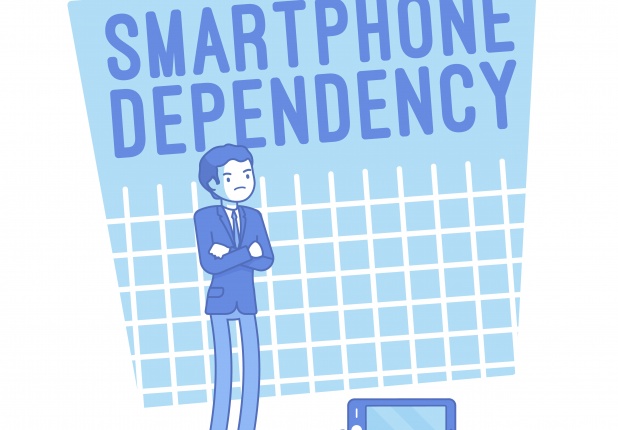When Good Business Sense Doesn’t Make Good Legal Sense
In my role as a Senior E-Discovery Attorney, I often provide guidance to organizations in how to develop and implement policies governing data retention and disposition. When developing those policies, it is critical to consider both the business and legal implications of preserving or deleting data and, ideally, find a balance between the two even when the concerns and priorities may not be the same. A recent case highlights what often proves to be a fundamental tension between the perspective of business stakeholders and legal stakeholders with respect to the preservation of ESI for pending or reasonably anticipated litigation in large corporations.




